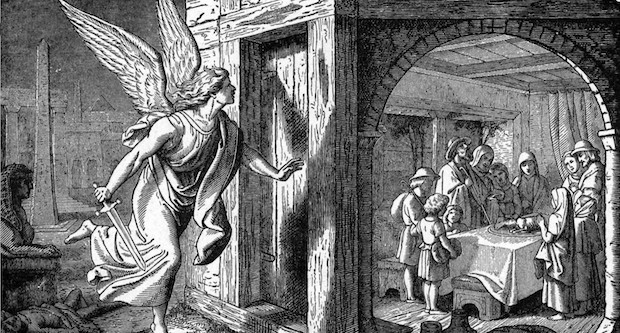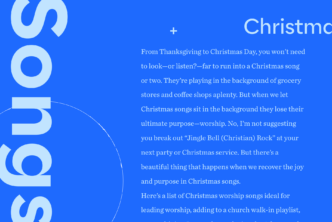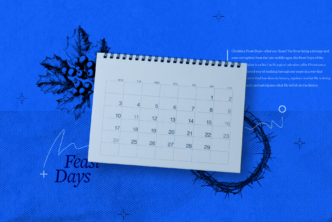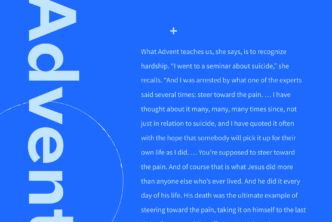Sundown tonight marks the beginning of Passover, a weeklong feast instituted by God in Leviticus 23:4–8. For thousands of years, Jewish families around the world have gathered on this night to recount God’s command to mark their homes with the blood an unblemished lamb and how those who obeyed were spared from the final plague: death of the firstborn. They remember how God then miraculously brought them out of slavery in Egypt with a strong hand and an outstretched arm (Deut 5:6, 15).
But this year for Jews living in Israel, something is different.
Because of the coronavirus, Israel’s government ordered the entire nation to be under complete lockdown starting yesterday, the eve of Passover, through at least Friday, to stem the spread of the coronavirus during the Passover holiday. A curfew began at 3:00 p.m. today, Israel time, and there are strict consequences for breaking it. No visitors (even extended family) are allowed. Residents will sit down for their Seder1with only those family members living in their home.
It may be the first time Israel has been on lockdown over Passover since just before the Exodus—when God sent the last of the 10 plagues upon Egypt to convince Pharaoh to set the Hebrews free from slavery and to allow them to worship God.
I’ve been thinking a lot about this year’s Passover. Interestingly, each of the seven feasts God instituted in Leviticus 23 is associated with Sabbath, and Passover is no different.
Included in the Ten Commandments is a commandment to keep the Sabbath holy, but there is a connection to Passover we often miss:
Observe the Sabbath day, to keep it holy, as the Lord your God commanded you. Six days you shall labor and do all your work, but the seventh day is a Sabbath to the Lord your God. On it you shall not do any work, you or your son or your daughter or your male servant or your female servant, or your ox or your donkey or any of your livestock, or the sojourner who is within your gates, that your male servant and your female servant may rest as well as you. You shall remember that you were a slave in the land of Egypt, and the Lord your God brought you out from there with a mighty hand and an outstretched arm. Therefore the Lord your God commanded you to keep the Sabbath day. (Deut 5:12–15; cf. Exod 20:7–11)
Is there a deeper connection to what is happening in Israel and in the world today on this unique Passover, when we’re also required to stay behind closed doors because of the worst pandemic in a century?
Maybe. Who really knows. But God has allowed for the entire world to experience something eerily similar to what the Israelites experienced back in Exodus 12. It’s a Passover that is unique and beautiful not just for Jews in Israel and those living abroad, but for Christians, too.
We’re almost being forced to stop, rest, and remember who is in control.
And it’s good.
May we lean into this Passover evening as we, too, are quarantined in our homes amid a devastating plague. May we find a beautiful Sabbath rest (Heb 4:9–10) like none we have experienced as we trust God for the uncertain times ahead.
And may we remember Jesus’ death when he became the ultimate Passover sacrifice, freeing us from the slavery of sin and death, when “Christ, our Passover, was sacrificed for us” (1 Cor 5:7 NKJV).







